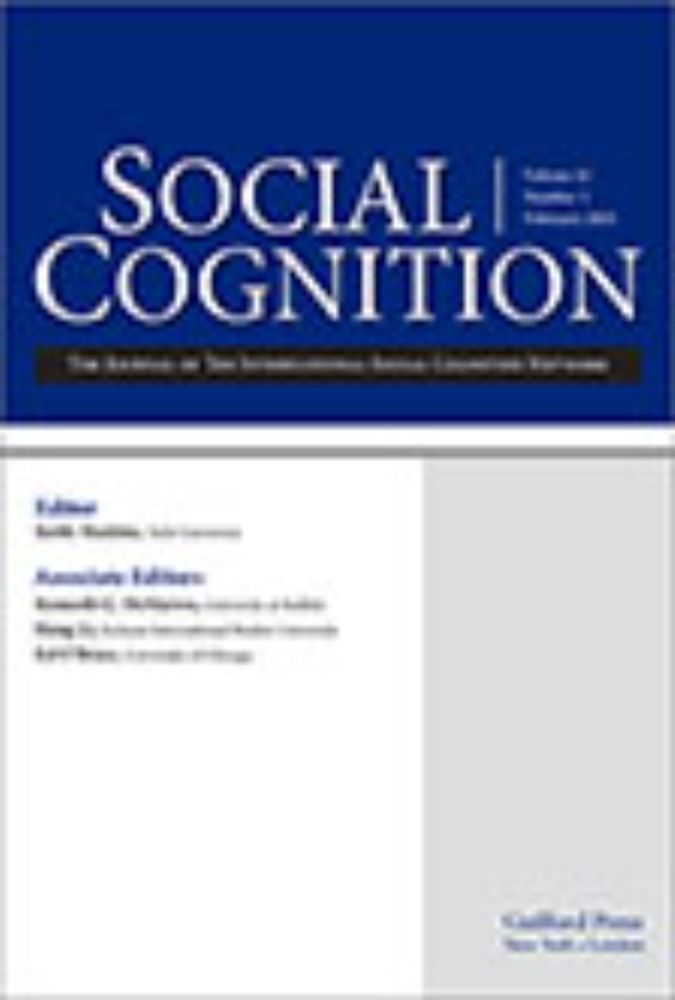Justin Ludwig
@jmludwig.bsky.social
170 followers
440 following
6 posts
Social Psychology PhD candidate at UPitt
Studying #conflictresolution, #apologies, #forgiveness, #selfforgiveness, and #moralpsychology.
Posts
Media
Videos
Starter Packs
Pinned
Justin Ludwig
@jmludwig.bsky.social
· Aug 20
Reposted by Justin Ludwig
Reposted by Justin Ludwig
Jonah Koetke
@jonahkoetke.bsky.social
· May 20

Lay Preferences for and Perceptions of Intellectual Humility Across Societal Roles | Social Cognition
Research on intellectual humility (IH)—the awareness of one's intellectual limitations—demonstrates that high levels of self-reported IH are associated with behaviors that are broadly beneficial for i...
doi.org
Justin Ludwig
@jmludwig.bsky.social
· May 13
Justin Ludwig
@jmludwig.bsky.social
· May 13
Justin Ludwig
@jmludwig.bsky.social
· May 13
Justin Ludwig
@jmludwig.bsky.social
· May 13



